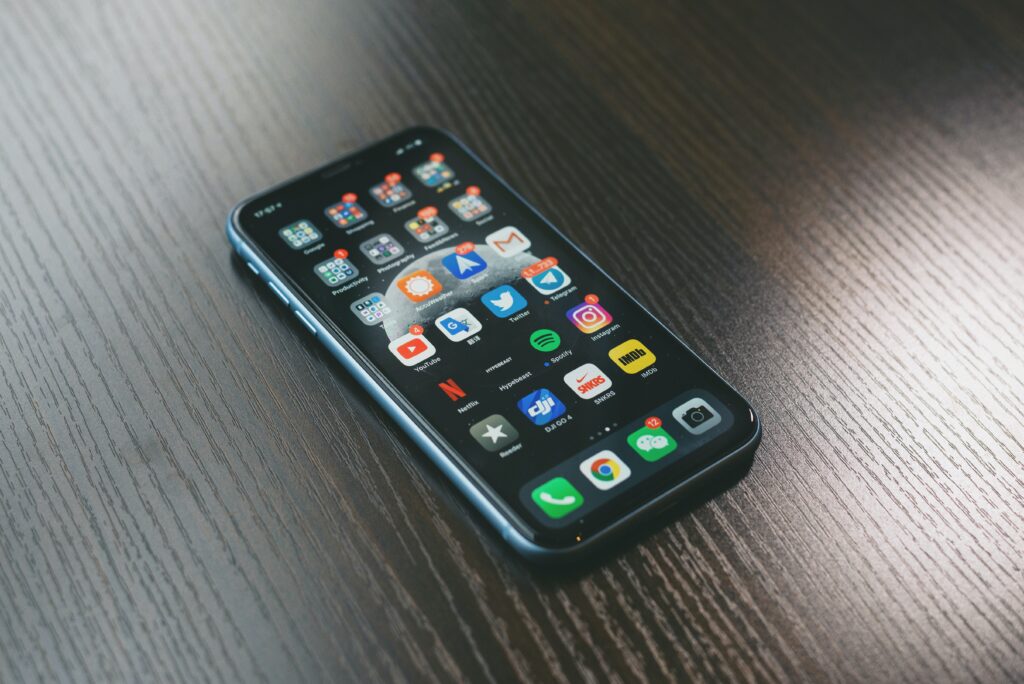The world has gone digital. It is possible to hear the voices of people that are millions of miles away through telecommunication.
The technology involved in each landline, VoIP, and cell phones has evolved. These three telecommunication technologies are very different. Let’s take a look at how each works and their pros and cons.
How Do Landlines Work?

Landline calls are ideal for most call situations. Landline phone calls are reliable and of high quality. This telephone system is typically used in residences, businesses, or local offices.
Landline phones are connected to a landline. Telephone calls travel by radio or cable rather than wirelessly. A physical line connects to a telecommunications network, not a mobile phone service. A landline telephone converts a caller’s voice into electrical signals, which can be sent to other locations. Every telephone has an exchange number that determines the path of the signal. The signal is reversed back to sound at the receiver end.
Pros
- Landlines are reliable when it comes to emergencies or power outages.
- The voice quality is clear.
- The setup is basic. It requires a telephone and cables to call.
- Landline phones provide good sound and excellent call quality without internet service.
Cons
- Long-distance and international calls can be expensive.
- Landlines are also subject to taxes and fees, which raise costs.
- Landline numbers are more susceptible to spam calls than VoIP or mobile numbers.
- Landlines are expensive to set up.
How Do Cell Phones Work?
Cellular phones communicate with service coverage cells. They can only cover a particular geographical zone. The cell and audio signals are transferred wirelessly through a network of cells before they get to the recipient. They have the same speaker and microphone combination. It is quite common in inland phones.
More people are now using cell phones, which has led to a sharp decline in the number of people using land phones. When a cell phone calls, the signal beams through a mast that will then route the call through a local base station for onward transmission to its destination.
Each of the grid boxes has its own mast tower; they prevent interference among the waves. The cells in the grid multiply the cell number per grid and ensure there is no interference of any sort.
Pros
- Cellular phones are portable, so you can carry them along with you wherever you go.
- They have an easy user interface.
- Unlimited long-distance options with cell phones.
Cons
- The battery needs charging. Your call will be cut off with a flat battery.
- You need a call service to connect. In locations where there is no service, you won’t be able to make a call.
- There might be issues with sound quality that have to do with location, phone, or headphones.
- The pricing is based on the phone features and the coverage you’ll need. If you want to go for international coverage, it is dependent on carrier, plan, and device.

How Does VoIP Work?
This is a business communications technology that makes and receives calls over the internet. The traditional wire is not used in VoIP phones. The broadband internet connects the phone and computer to the router. Digital signals convert calls into calls on VoIP phones. They don’t use landline-based physical exchanges.
VoIP service providers can offer a broader and more useful set of features. The reason is that everything is digital on this platform.
Reliability in VoIP services depends on a fast, secure internet connection. When there are bandwidth concerns, the VoIP provider has to address them. It is good if the VoIP provider offers IT services, too.
Pros
- VoIP stands out for the convenience it brings to users. Travelers can make calls from anywhere using Wi-Fi.
- Flexibility is another excellent attribute of VoIP. You can add extra callers. There are no limits to the calls you want to make.
- VoIP is compatible with headsets, smartphones, computers, and more.
- Comparing landlines, VoIP, and cell phones, VoIP offers more free calls.
Cons
- There are issues with audio quality.
- Without an internet connection, you cannot make calls.
- VoIP phones are not reliable for emergency calls.
Conclusion
At the end of the day, it’s your choice. You must determine what equipment you already have and if you are willing to replace or get rid of that equipment if you move to a different system.
Landlines are popular for their call quality and resilience against outages. Cell phones are popular for their portable size. VoIP offers more functions, such as hosting video calls and transmitting multimedia messages.
Choosing which is right for your business will significantly impact your office communication, the cost of phone service, and what your customers and employees can access. You can also go ahead and try hosting calls through a mix of landline, VoIP, and cell phones put together.